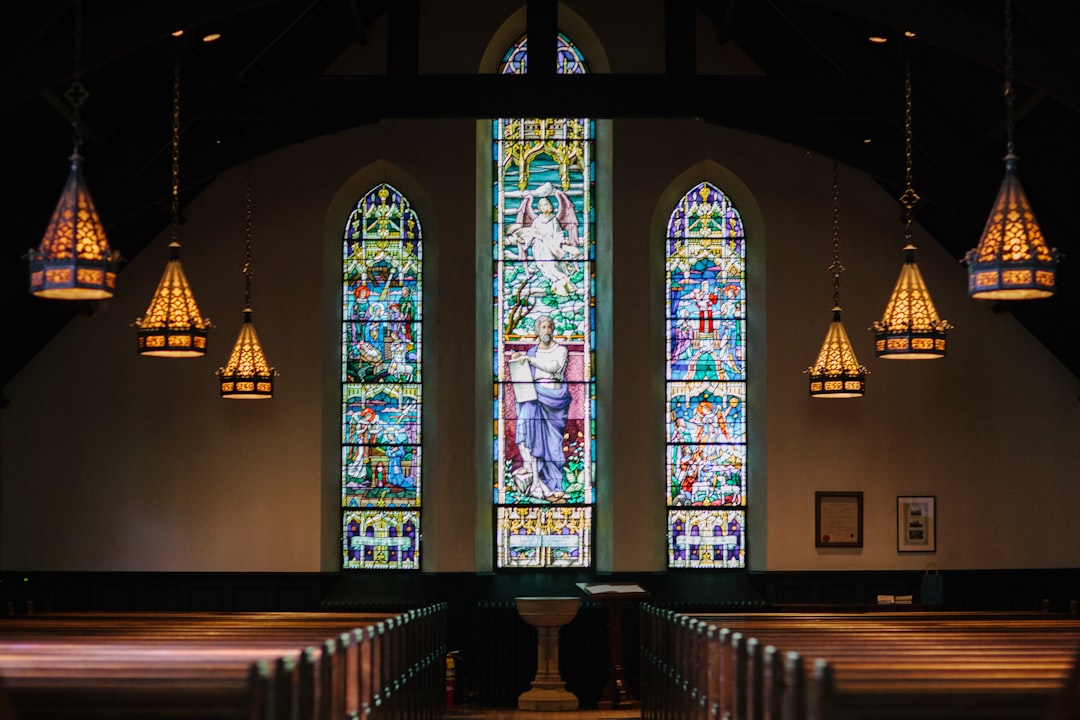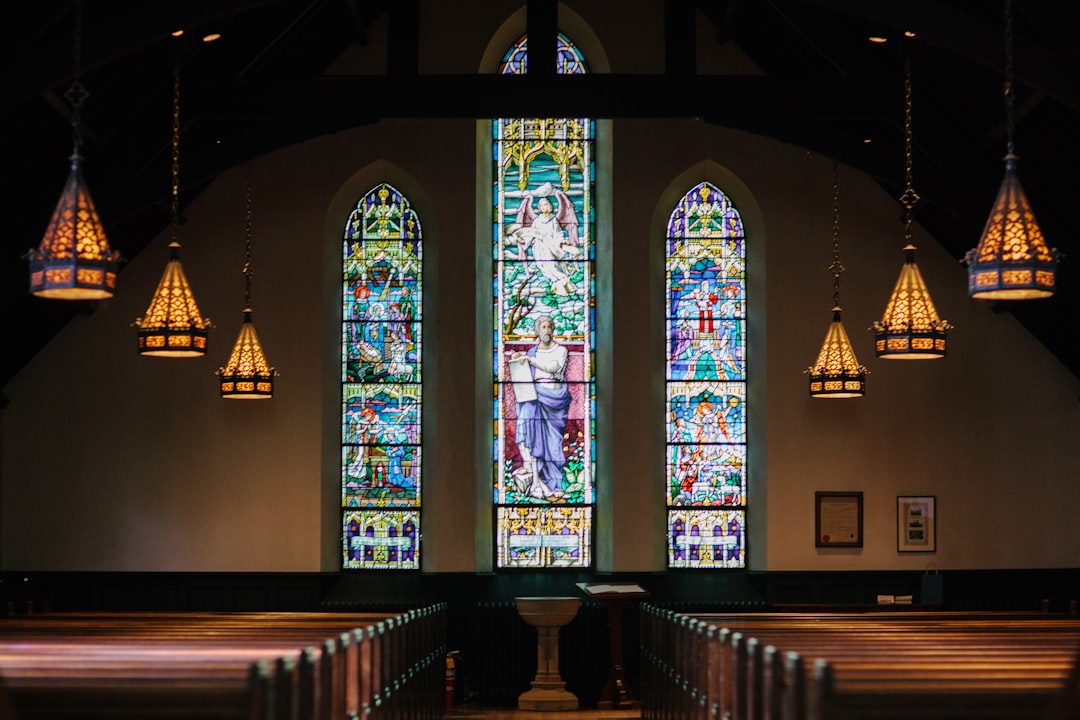Clery abuse attorneys in Rhode Island specialize in navigating complex legal proceedings to hold religious leaders accountable for sexual or physical misconduct with parishioners. They provide crucial legal guidance, evidence gathering, and advocacy for victims' rights, protecting them from stigma and personal responsibility. These professionals guide victims through civil lawsuits, aiming to secure compensation for trauma and prevent future cases of clergy abuse in Rhode Island communities.
In Rhode Island, clergy abuse lawsuits shine light on traumatic experiences suffered by individuals at the hands of trusted religious leaders. If you or someone you know has faced sexual or emotional abuse by a priest or other clergy member, understanding your legal options is crucial. This article delves into the intricacies of these cases, highlighting the role of experienced clergy abuse attorneys in Rhode Island who advocate for victims’ rights. We explore the process, expectations, and unique challenges when filing a suit against the church.
Understanding Clergy Abuse Lawsuits in Rhode Island

In Rhode Island, clergy abuse lawsuits are legal proceedings that hold religious leaders accountable for instances of sexual or physical misconduct with parishioners. These cases can be complex due to the sensitive nature of the allegations and the power dynamics involved within religious institutions. Understanding the legal landscape is crucial for victims seeking justice. Clergy abuse attorneys in Rhode Island specialize in navigating these intricate matters, ensuring victims’ rights are protected.
The state has specific laws and guidelines governing clergy abuse lawsuits, including statutes of limitations and procedures for filing claims against religious organizations or individuals. Victims may face unique challenges, such as the fear of stigma or the belief that they contributed to the abuse. Clergy abuse attorneys provide legal guidance, helping victims understand their options, gathering evidence, and advocating for their rights to receive compensation for physical and emotional injuries suffered due to spiritual abuse.
The Role of Priest Abuse Lawyers

When facing allegations of clerical abuse, victims often require specialized legal representation to navigate complex laws and institutional procedures. This is where clergy abuse attorneys in Rhode Island step in as invaluable allies. These lawyers have an in-depth understanding of the unique challenges faced by individuals who have suffered at the hands of religious leaders, ensuring their clients receive justice and support throughout the legal process.
Their expertise lies in effectively advocating for victims’ rights, holding accountable those responsible for abuse, and guiding them through civil lawsuits. By employing strategic legal tactics, these attorneys help clients secure compensation for the trauma they’ve endured, while also contributing to a broader effort to prevent future instances of clergy abuse within Rhode Island communities.
What to Expect When Filing a Suit Against the Church

When filing a lawsuit against a church for clergy abuse in Rhode Island, it’s crucial to prepare for a complex and potentially lengthy process. The first step is to secure competent clergy abuse attorneys who have experience navigating the unique legal challenges posed by these cases. These lawyers will guide you through the initial stages, which include gathering evidence—such as documentation, witness statements, and relevant church records—to build a solid case. They’ll also help determine if the statute of limitations applies to your situation, ensuring your claim is filed within the prescribed time frame.
Throughout the process, expect detailed investigations into the allegations, thorough reviews of church policies and procedures, and potential negotiations with insurance providers or the church itself. Your chosen Rhode Island clergy abuse attorneys will represent you in court, should the case proceed that far. They’ll advocate for your rights, seek justice, and strive to secure compensation for the harm caused by the abuse.





